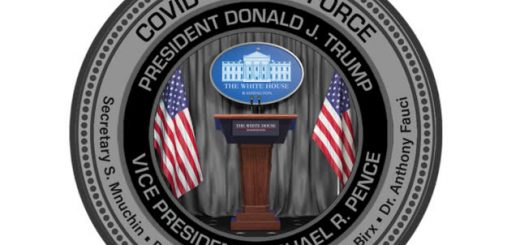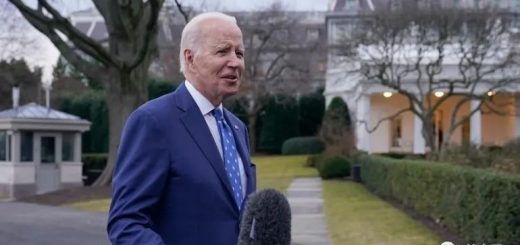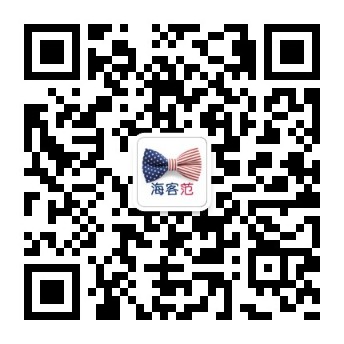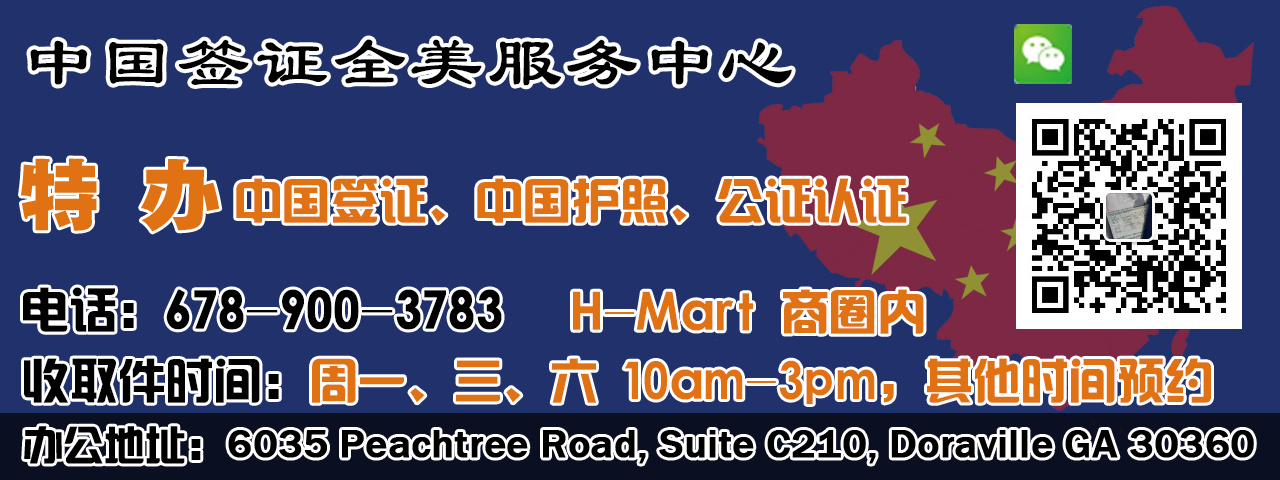
白宮貿易政策情況說明
白宮新聞秘書辦公室華盛頓哥倫比亞特區(Washington, D.C.)2018年5月29日,唐納德 · 特朗普(DONALD J. TRUMP)總統應對中國不公平的貿易政策。
「從今以後,我們期待貿易關係是公平而且互惠的。」——唐納德 · 特朗普總統
多年來的不公平貿易行為:中國一貫以有損於公平及互惠貿易的做法利用美國經濟獲益。
多年來,中國推行了一些產業政策以及不公平的貿易做法——其中包括傾銷、歧視性非關稅壁壘、強制性技術轉讓、產能過剩以及產業補貼——以支持中國公司,並使很多美國公司不可能在一個公平的環境下進行競爭。
中國的產業政策,例如其「中國製造2025」計劃,有損於美國及世界各地的公司企業。
中國對美國出口產品徵收的關稅遠遠高於美國對中國徵收的關稅。
o中國的平均關稅率比美國的平均關稅率高將近3倍。
o一些特定產品甚至更不平衡,例如,美國對中國汽車徵收2.5%的關稅,而目前中國對來自美國的汽車仍保持25%的關稅。
中國禁止從美國進口家禽等農產品,切斷了美國農牧民讓他們的產品進入一個主要市場的途徑。
中國對銷往美國市場的一系列產品進行傾銷及不公平地補貼,損害了美國的國內產業。
o僅在2018年,特朗普政府已發現涉及13種不同產品的傾銷或不公平補貼行為,其中包括鋼圈、冷拔機械管、工具箱櫃、鍛鋼配件、鋁箔、橡皮筋、鑄鐵下水管和連接件以及大口徑焊管。
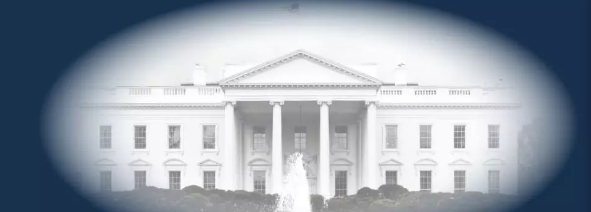
2018年1月,特朗普政府認定中國的鋼和鋁的過度生產,及其對全球市場產生的影響,是一種威脅損害美國國家安全的因素。
美國與中國的商品貿易多年來一直存在逆差,僅2017年一年的逆差就達3,750億美元。
對美國的創新和就業造成損害:中國極力謀求獲得美國公司的技術,有損於美國的發明創造。
中國對知識財產的竊取每年給美國發明創造者造成億萬美元損失,87%在進入美國時被截獲的仿造產品來自中國。
美國貿易代表(United States Trade Representative)展開的《301條款》(Section 301)調查發現了中國大力推行的四項技術政策,威脅著美國4,400萬個技術就業崗位:
o 強迫性技術轉讓;
o 使許可執照低於經濟價值;
o 中國國家指導的帶有戰略目的的對美國敏感技術的收購;
o 網上公然竊取。
中國通過對外國企業所有權的限制、行政審查和頒發許可程序,強迫美國公司或向美國公司施加壓力進行技術轉讓。
o 中國要求進入其新能源車(New Energy Vehicles)市場的外國公司轉讓核心技術和公開有關開發及製造技術。
o 中國對進入中國的外國公司取得知識產權和技術執照實施契約限制,但是對在兩個中國企業之間這樣做不實施同樣限制。
中國指示和協助在美國的投資和對美國公司的兼并收購,以帶來大規模技術轉讓。
中國從事和支持對美國電腦網路的網際侵入,旨在得到重要商業信息,使中國公司得以仿造產品。
抵制中國的不公平貿易行為:特朗普總統採取了早應採取的行動,以最終解決問題的根源,即傷害美國工人和我國創新行業的中國的不公平貿易做法。
2018年1月,特朗普總統宣布,決定為因洗衣機和太陽能產品進口激增而受到傷害的美國製造商提供保護。
o 這是16年來第一運用《1974年貿易法第201條款》(Section 201 of the Trade Act of 1974)實施關稅。
o 這些行動是針對中國和其他國家的傷害性貿易做法——包括企圖躲避合法實施的反傾銷和反補貼稅——作出的反應。
o 在此項決定後,惠而浦(Whirlpool)在俄亥俄州(Ohio)宣布了200個新工作機會。
美國貿易代表和商務部(Department of Commerce)正在共同努力,捍衛美國在反傾銷調查中繼續將中國作為非市場經濟體對待的權利,直至中國作出它在加入世界貿易組織(World Trade Organization)時承諾的改革。
特朗普總統的政府成功進行了針對不公平貿易的世貿組織訴訟,維護了我們執行美國貿易法的權利。
o 2018年2月,美國貿易代表贏得了在世貿組織提出的針對中國對美國雞禽出口實施的不公平的反傾銷和反補貼稅的申訴,中國宣布終止上述徵稅。
保護美國發明創造:特朗普總統作出努力,保護美國知識財產和專有技術不遭盜竊和其他威脅。
2017年8月,美國政府針對中國有關強迫性技術轉讓、不公平許可執照做法以及知識財產政策啟動了《301條款》調查。
在2018年3月美國貿易代表完成《301條款》報告後,總統指示有關部門探討多種行動措施,保護國內技術和知識財產。
在特朗普總統領導下:
o 美國將對來自中國的包含重要工業技術的500億美元產品徵收25%關稅,其中包括與「2025中國製造」計劃相關的產品。有關這些進口產品的最後名單將在2018年6月15日前公布。
o 美國貿易代表將繼續解決於3月份在世貿組織啟動的針對中國歧視性技術許可執照規定的糾紛。
o 美國將實施具體投資限制,並增加對向中國個人和實體進行與兼并收購重要工業技術有關的出口的控制。限制和控制清單將不遲於2018年6月30日公布。
THE WHITE HOUSE
Office of the Press Secretary
FOR IMMEDIATE RELEASE
MAY 29, 2018
PRESIDENT DONALD J. TRUMP IS CONFRONTING CHINA』S UNFAIR TRADE POLICIES
「From now on, we expect trading relationships to be fair and to be reciprocal.」 – President Donald J. Trump
YEARS OF UNFAIR TRADE PRACTICES: China has consistently taken advantage of the American economy with practices that undermine fair and reciprocal trade.
For many years, China has pursued industrial policies and unfair trade practices—including dumping, discriminatory non-tariff barriers, forced technology transfer, over capacity, and industrial subsidies—that champion Chinese firms and make it impossible for many United States firms to compete on a level playing field.
China』s industrial policies, such as its 「Made in China 2025」 plan, harm companies in the United States and around the world.
China imposes much higher tariffs on United States exports than the United States imposes on China.
o China』s average tariff rate is nearly three times higher than the average United States rate.
o Certain products are even more imbalanced, for instance the United States charges a 2.5 percent tariff on Chinese cars, while China currently maintains a 25 percent tariff on cars from the United States.
China has banned imports of United States agricultural products such as poultry, cutting off America』s ranchers and farmers from a major market for their goods.
China has dumped and unfairly subsidized a range of goods for the United States market, undermining America』s domestic industry.
o In 2018 alone, the Trump Administration has found dumping or unfair subsidies on 13 different products, including steel wheels, cold-drawn mechanical tubing, tool chests and cabinets, forged steel fittings, aluminum foil, rubber bands, cast iron soil pipe and fittings, and large diameter welded pipe.
In January 2018, the Trump Administration found that China』s overproduction of steel and aluminum, and the resulting impact on global markets, is a circumstance that threatens to impair America』s national security.
The United States has run a trade in goods deficit with China for years, including a $375 billion deficit in 2017 alone.
UNDERMINING AMERICAN INNOVATION AND JOBS: China has aggressively sought to obtain technology from American companies and undermine American innovation and creativity.
The cost of China』s intellectual property theft costs United States innovators billions of dollars a year, and China accounts for 87 percent of counterfeit goods seized coming into the United States.
United States Trade Representative』s (USTR) Section 301 investigation identified four of China』s aggressive technology policies that put 44 million American technology jobs at risk:
o Forced technology transfer;
o Requiring licensing at less than economic value;
o Chinese state-directed acquisition of sensitive United States technology for strategic purposes; and
o Outright cyber theft.
China uses foreign ownership restrictions, administrative review, and licensing processes to force or pressure technology transfers from American companies.
o China requires foreign companies that access their New Energy Vehicles market to transfer core technologies and disclose development and manufacturing technology.
o China imposes contractual restrictions on the licensing of intellectual property and technology by foreign firms into China, but does not put the same restrictions on contracts between two Chinese enterprises.
China directs and facilitates investments in and acquisitions of United States companies to generate large-scale technology transfer.
China conducts and supports cyber intrusions into United States computer networks to gain access to valuable business information so Chinese companies can copy products.
STANDING UP TO CHINA』S UNFAIR TRADE PRACTICES: President Trump has taken long overdue action to finally address the source of the problem, China』s unfair trade practices that hurt America』s workers and our innovative industries.
In January 2018, the President announced his decision to provide safeguard relief to United States manufacturers injured by surging imports of washing machines and solar products.
o This was the first use of Section 201 of the Trade Act of 1974 to impose tariffs in 16 years.
o These actions responded to injurious trade practices by China and other countries, including attempts to avoid legally imposed antidumping and countervailing duties.
o Following the decision, Whirlpool announced 200 new jobs in Ohio.
USTR and the Department of Commerce are working together to defend the right of the United States to continue treating China as a non-market economy in antidumping investigations until China makes the reforms it agreed to when it joined the World Trade Organization (WTO).
President Trump』s Administration has successfully litigated WTO disputes targeting unfair trade practices and upholding our right to enforce United States trade laws.
o In February 2018, USTR won a WTO compliance challenge against China』s unfair antidumping and countervailing duties on United States poultry exports and China announced the termination of those duties.
PROTECTING AMERICAN INNOVATION AND CREATIVITY: President Trump has worked to defend America』s intellectual property and proprietary technology from theft and other threats.
In August 2017, the Administration initiated a Section 301 investigation into China』s practices related to forced technology transfer, unfair licensing, and intellectual property policies.
After USTR completed its Section 301 report in March 2018, the President directed the agencies to explore numerous actions to protect domestic technology and intellectual property.
Under President Trump』s leadership:
o The United States will impose a 25 percent tariff on $50 billion of goods imported from China containing industrially significant technology, including those related to the 「Made in China 2025」 program. The final list of covered imports will be announced by June 15, 2018.
o USTR will continue WTO dispute settlement against China originally initiated in March to address China』s discriminatory technology licensing requirements.
o The United States will implement specific investment restrictions and enhanced export controls for Chinese persons and entities related to the acquisition of industrially significant technology. The list of restrictions and controls will be announced by June 30, 2018.



